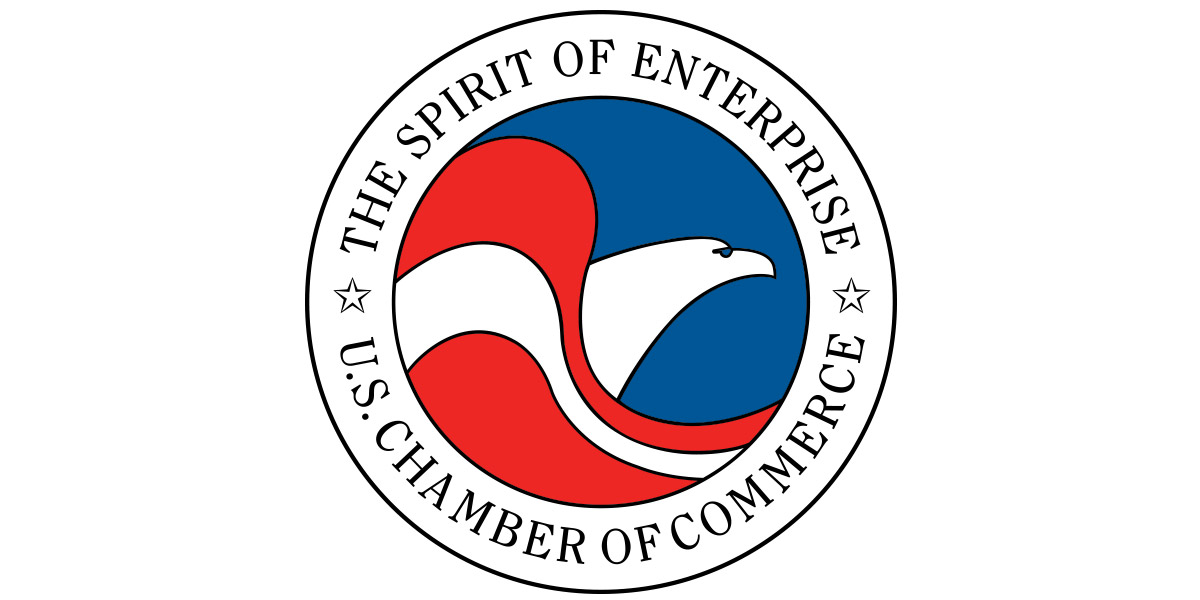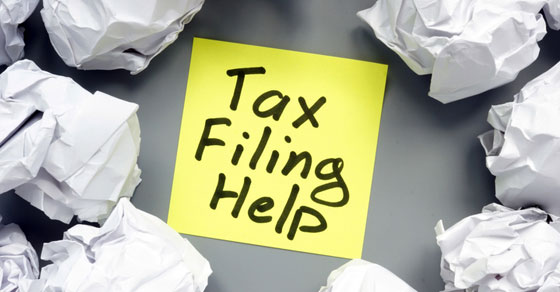Tax implications of working from home and collecting unemployment
 COVID-19 has changed our lives in many ways, and some of the changes have tax implications. Here is basic information about two common situations.
COVID-19 has changed our lives in many ways, and some of the changes have tax implications. Here is basic information about two common situations.
Working from home:
Many employees have been told not to come into their workplaces due to the pandemic. If you’re an employee who “telecommutes” — that is, you work at home, and communicate with your employer mainly by telephone, videoconferencing, email, etc. — you should know about the strict rules that govern whether you can deduct your home office expenses.
Unfortunately, employee home office expenses aren’t currently deductible, even if your employer requires you to work from home. Employee business expense deductions (including the expenses an employee incurs to maintain a home office) are miscellaneous itemized deductions and are disallowed from 2018 through 2025 under the Tax Cuts and Jobs Act.
However, if you’re self-employed and work out of an office in your home, you can be eligible to claim home office deductions for your related expenses if you satisfy the strict rules.
Collecting unemployment:
Millions of Americans have lost their jobs due to COVID-19 and are collecting unemployment benefits. Some of these people don’t know that these benefits are taxable and must be reported on their federal income tax returns for the tax year they were received. Taxable benefits include the special unemployment compensation authorized under the Coronavirus Aid, Relief and Economic Security (CARES) Act.
In order to avoid a surprise tax bill when filing a 2020 income tax return next year, unemployment recipients can have taxes withheld from their benefits now. Under federal law, recipients can opt to have 10% withheld from their benefits to cover part or all their tax liability. To do this, complete Form W4-V, Voluntary Withholding Request, and give it to the agency paying benefits. (Don’t send it to the IRS.)
We can help
We can assist you with advice about whether you qualify for home office deductions, and how much of these expenses you can deduct. We can also answer any questions you have about the taxation of unemployment benefits as well as any other tax issues that you encounter as a result of COVID-19.



 The SBA and Treasury released an interim final rule last week that in part addressed forgiveness of payments of rent paid to relate parties.
The SBA and Treasury released an interim final rule last week that in part addressed forgiveness of payments of rent paid to relate parties.
 The U.S. Chamber of Commerce has submitted a
The U.S. Chamber of Commerce has submitted a 
 Ohio will have a sales tax holiday from Friday, August 7, 2020 at 12:00 a.m. to Sunday, August 9, 2020 at 11:59 p.m.
Ohio will have a sales tax holiday from Friday, August 7, 2020 at 12:00 a.m. to Sunday, August 9, 2020 at 11:59 p.m.
 There’s a new IRS form for business taxpayers that pay or receive non-employee compensation.
There’s a new IRS form for business taxpayers that pay or receive non-employee compensation.